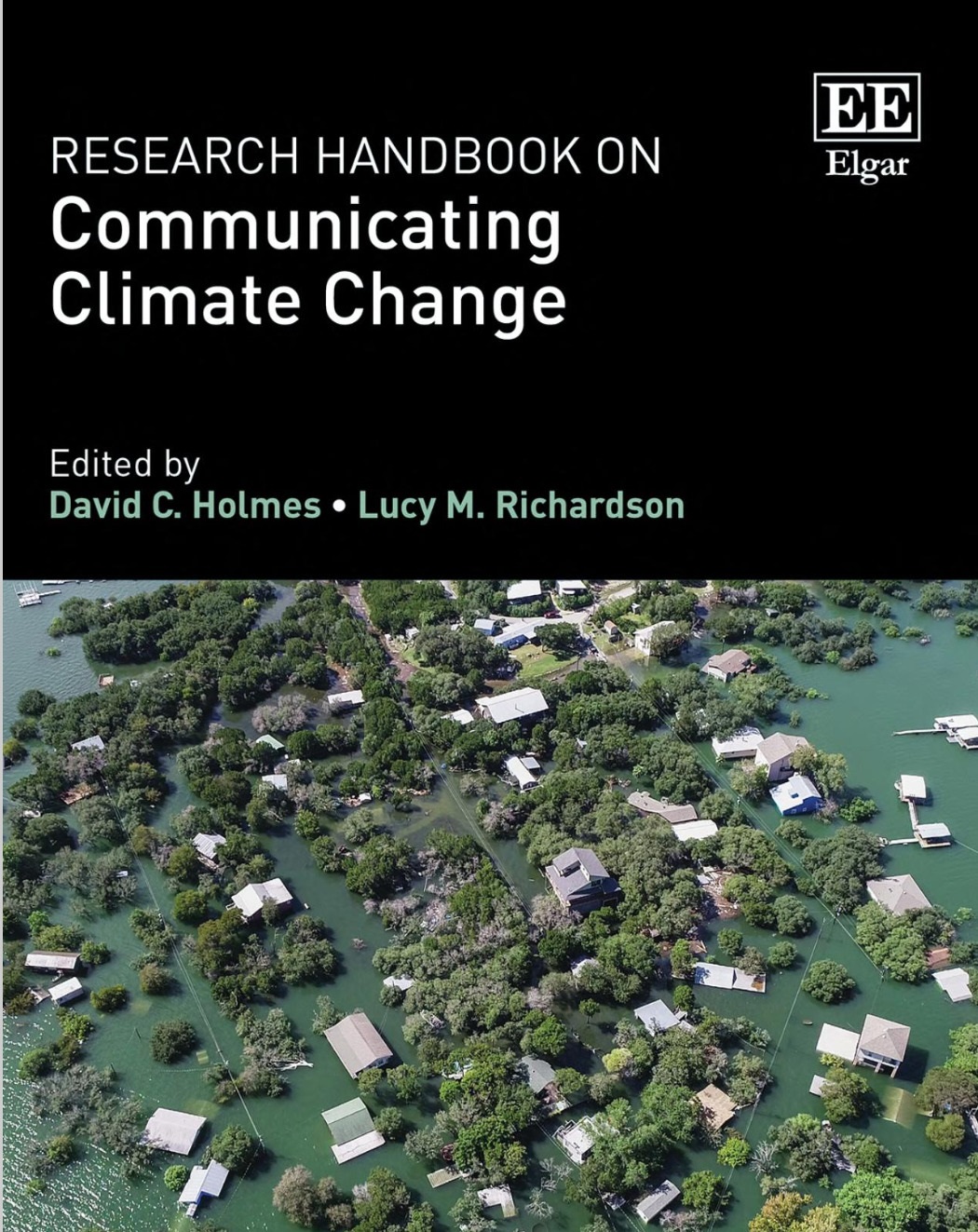Our Doctoral candidate, Sohvi Kangasluoma, had her first article published in the special issue of the Polar Record. The article, titled “Drilling for the future: Gendered justifications of the Arctic fossil fuel industry”, through feminist discussions explores how old and gas companies, Norwegian Equinor and Russian Gazprom & Gazprom Neft, try to create a compelling image of themselves on their webpages.
Despite the global alarm caused by accelerating climate change, hydrocarbon companies are exploring and opening up new oil and gas fields all over the world, including the Arctic. With increasing attention on the Arctic, companies address the growing global environmental pressure in their public marketing in various ways. This article examines the webpages of Norwegian Equinor and Russian Gazprom & Gazprom Neft. Building on feminist discussions, I analyse the different justification strategies these fossil fuel companies working in the Arctic utilise in order to support their ongoing operations. This article concludes that in order to justify their operations in the Arctic, the Norwegian and Russian companies emphasise values based on discourses that have historically and culturally been associated with masculine practices, such as the control of nature enabled by technology. These justifications are thus reinforcing the narrative of the Arctic as a territory to be conquered and mastered. Even though the companies operate in different sociopolitical contexts, the grounds of justification are rather similar. Their biggest differences occur in their visual presentations of gender, which I argue is part of the justification. Approaching the fossil fuel industry from a feminist perspective allows questioning the dominant conceptualisations, which the justifications of Arctic hydrocarbon companies are based on.
The article can be found online.

